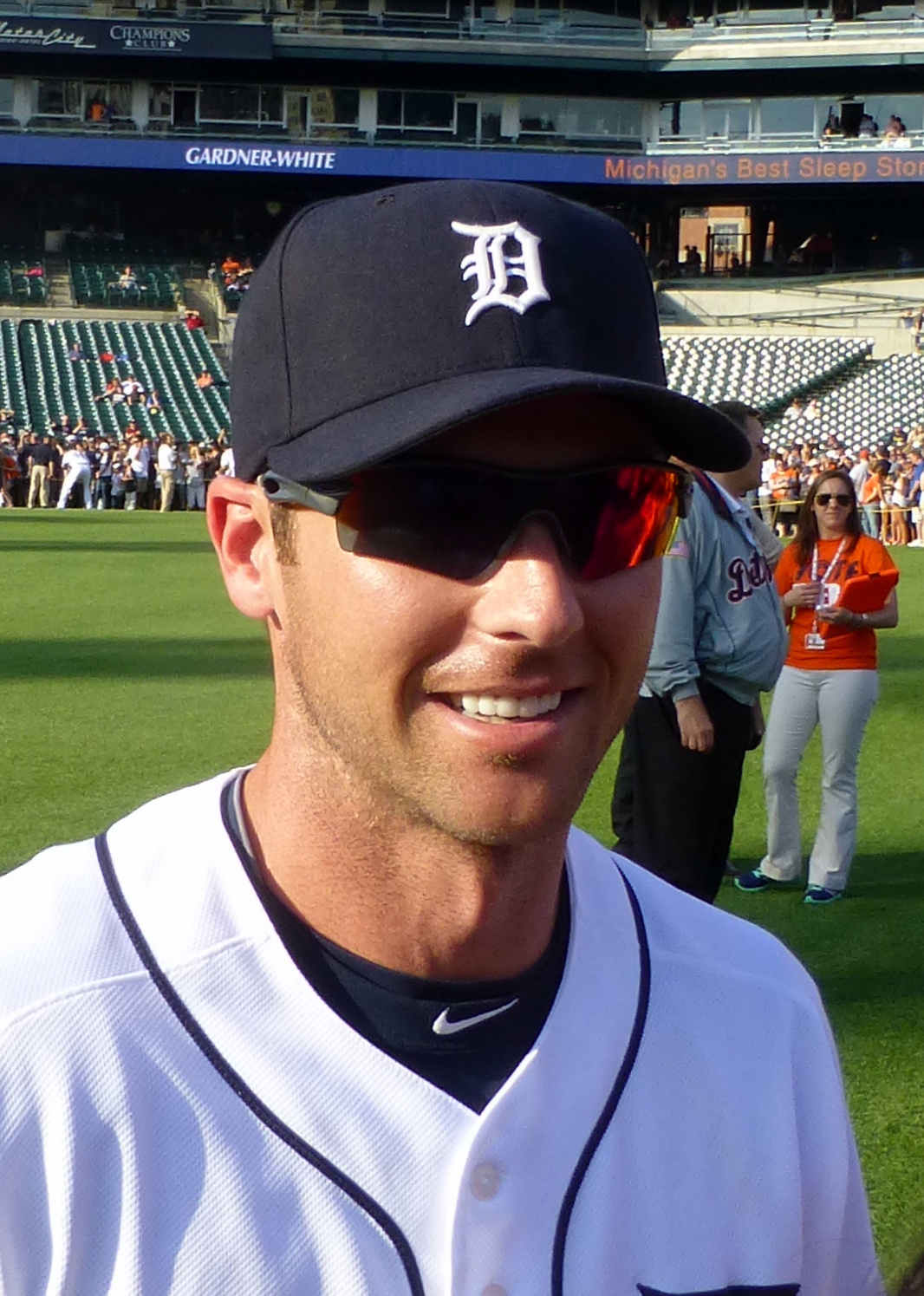So, I was fiddling around the other day, trying to get this project off the ground. Felt like I was being pulled in ten different directions, you know? Had to handle the front-end stuff, figure out some database issues, even patch up some old code someone else left behind. Felt like I wasn’t really good at any one thing, just okay enough to patch the holes.

Got me thinking about guys like Andrew Romine in baseball. Remember him? Detroit Tigers, Mariners, few other teams. The guy played pretty much everywhere on the field except maybe catcher, I think. Shortstop, second base, third, even pitched a few times! A real utility guy.
My Own Utility Role
It struck me because that’s kinda how I felt. Jack of all trades, master of none, right? You see these specialists who are just wizards at one specific thing, and sometimes you feel a bit inadequate. Like, should I just buckle down and become a database guru? Or a JavaScript ninja? Sticking to one thing.
But then I thought more about Romine’s actual career. He wasn’t usually the star player. He wasn’t hitting 40 home runs or winning batting titles. But the dude had a long career in the majors. Why? Because he was useful. Coaches loved him because you could plug him in almost anywhere there was a gap. Injury? Put Romine in. Need a defensive replacement late in the game? Romine. Need someone to give the starter a day off? Romine.
The Actual Practice
So, I started looking at my own work process through that lens. Maybe being the ‘utility guy’ wasn’t so bad after all. Here’s what I kinda put into practice:
- Identify the gaps: First, I just listed out all the different hats I was wearing on this project. What absolutely needed doing?
- Focus on ‘good enough’: Instead of trying to become a world-class expert in each area overnight, I focused on being reliably functional. Get the database query to work correctly and efficiently, even if it wasn’t the most elegant theoretical solution. Make the UI usable, even if it wasn’t going to win design awards.
- Know my limits: Romine wasn’t expected to be the best hitter when he played first base. He was expected to field the position competently. Same here. I figured out what level was ‘competent’ for each task and aimed for that. If something needed real deep expertise, I flagged it to maybe get specialized help later, but for now, functional was key.
- Be ready to switch: The value was in being able to jump between tasks. So, I kept my notes organized, made sure code was commented reasonably well, so switching context wasn’t a total nightmare.
The outcome? Well, the project moved forward. It wasn’t always pretty, but stuff got done. And honestly, it felt less stressful than trying to pretend I was a deep expert in five different things simultaneously. It’s about being adaptable, filling the needs that are right there in front of you.

Maybe not everyone needs to be a superstar specialist. Sometimes, just being the reliable guy who can play multiple positions, like Andrew Romine, is exactly what the team, or the project, needs. Kept him in the league for years, kept my project from stalling. Something to think about.















